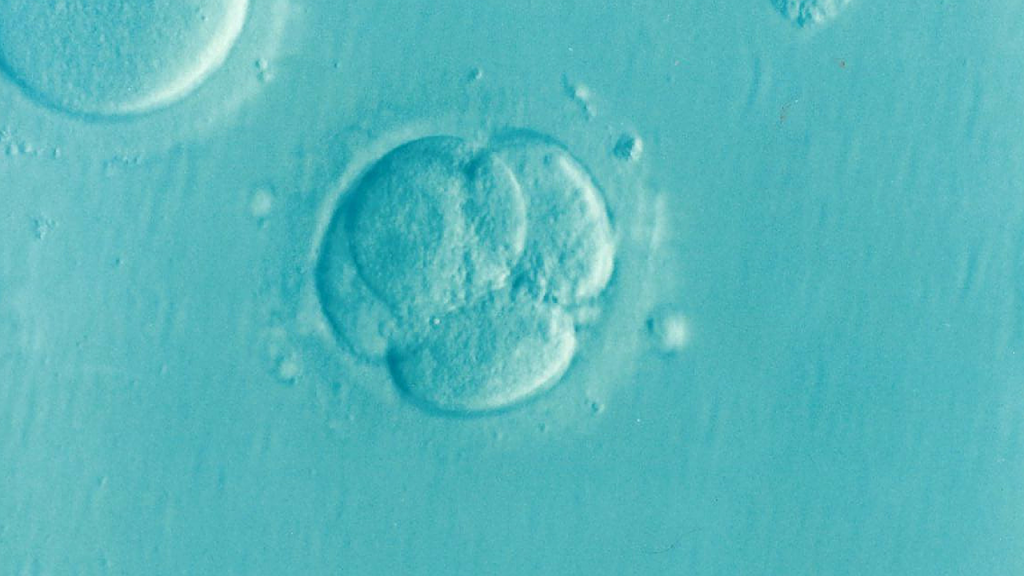5 Fertility Questions You Always Wanted to Ask
Reproductive health should not be a veiled thing. But it can be difficult to get straight answers from one’s mother, and the last time she had to think about this was likely 20 to 30 years ago. In an ideal world, you should feel comfortable asking your doctor, or an available medical health professional, but if you are feeling shy and you want to know as much as possible before asking more specific questions, read on.

Q: When is a woman at her most fertile?
When a woman ovulates, she is at her most fertile. Ovulation occurs when the egg moves from the ovaries through the fallopian tube to the uterus.
For most women, ovulation is 12 to 16 days before her period begins. To find out when that is for you, begin keeping track of your menstrual periods. Once you know how far apart your periods are, count backward from the day your period will start to the day that you are likely to be ovulating.
Q: How long should we try before seeing a fertility doctor?
There are many factors that influence conception. So if you don’t conceive at the first try, you shouldn’t worry too deeply about it. For example, if either of you are stressed, or if you are underweight or are suffering from malnutrition—this could affect conception. Or if you’re both in your mid-30s or older. A general rule of thumb is that if you are under 35 years old and have been trying for over a year with no luck, then that warrants seeing a fertility doctor. And if you are over the 35 year mark and have been trying for 6 months, you can book that appointment.
Q: Who is at fault? The guy or the girl?
Cases range and it truly depends on your individual case. In 30 percent of all cases it’s a fertility issue with the woman. In 30 percent of the time it’s a fertility issue with the man. The rest of the time? It’s a combination of both. In all cases, avoid talking about it as if someone were to blame. Fertility is a complex topic that should be discussed with care.
Q: What fertility treatments are available?
After going to a fertility & IVF specialist and having tests conducted, your doctor will suggest a course of action that will be tailored to you.
In some cases, women are unable to conceive because of blockages in their fallopian tube. If that is the issue, your doctor will suggest tuboplasty, a surgery to clear the fallopian tubes. Tuboplasty is also used to resect sections of damaged tubes. If there are other difficulties, fertility drugs can be prescribed to help regulate your cycle. Taking fertility drugs can trigger the release of eggs during ovulation.
In vitro fertilization (IVF) is another common fertility treatment which requires the removal of eggs. The eggs are then injected with semen in a lab. If fertilization occurs, the embryo is inserted into the uterus.
IVF allows donor eggs to be fertilized using sperm from a partner. The fertilized embryo is then transferred to the woman’s uterus. While there are further options, like in vitro fertilization mexico, the above are the most common.
Q: Are there things that a guy does that can reduce sperm count?
There are a couple things to avoid when trying to conceive. Hot tubs being at the top of the list. Sperm production happens at 95 degrees. So prolonged stays in a hotter temperature, such as a hot tub or a sauna, will set sperm production back. Eating processed meat, drinking, and eating soy are all said to reduce a man’s sperm count. But if you simply focus on eating a well-rounded and healthy diet and avoid excess drinking or smoking, you should be fine.
1 in 6 couples face fertility problems, yet there is a stigma about getting fertility treatments. Fight that stigma by reading and sharing information on the topic.
















Add Your Comment